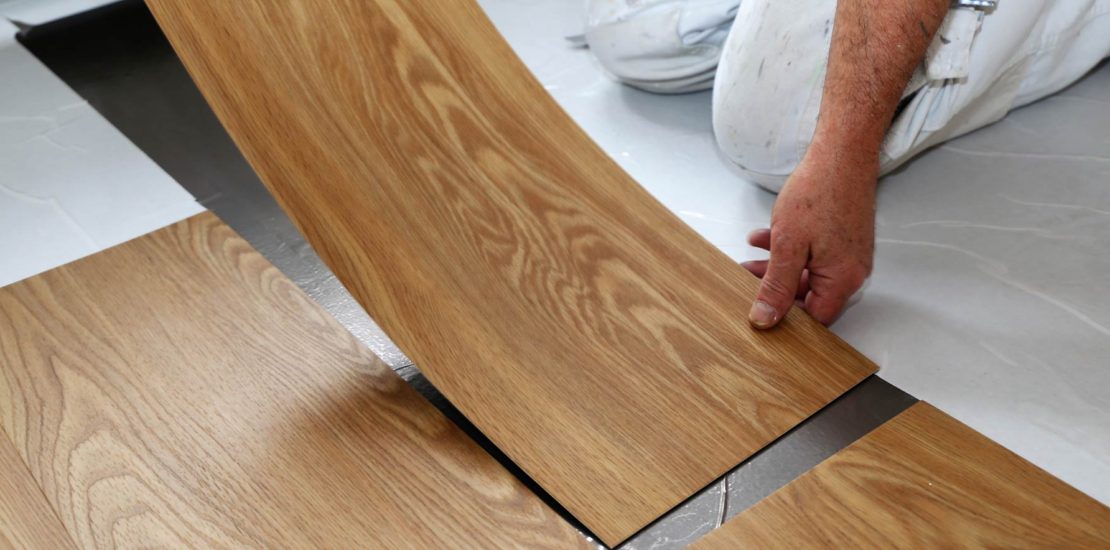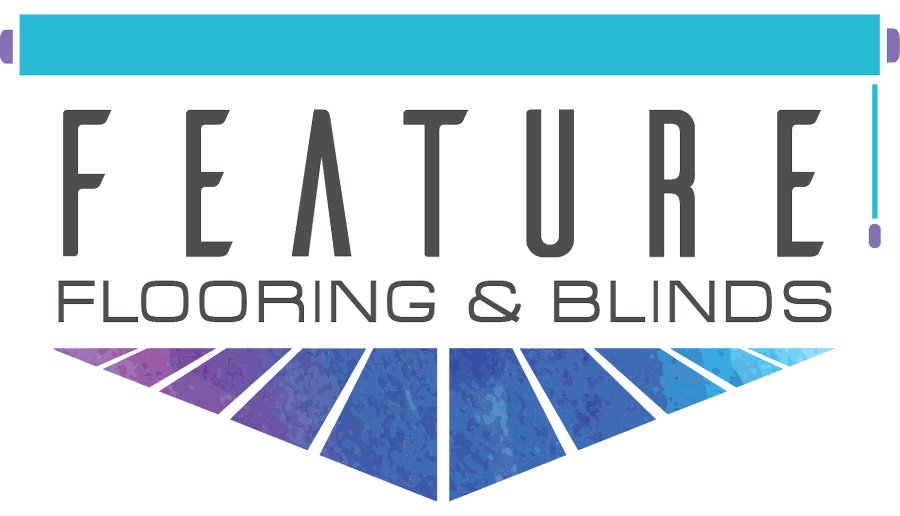- 06/04/2023
- Posted by: melissa@beaniemedia.com
- Category: Uncategorized

Vinyl flooring has grown in popularity among homeowners due to its affordability, versatility, and durability. However, every flooring material has its set of advantages and disadvantages. This article will explore the pros and cons of vinyl flooring to help you determine if it’s the right option for your home.
Pros:
Affordability: One of the most significant benefits of vinyl flooring is its affordability. Compared to other flooring materials like tile, hardwood, or carpet, vinyl is a cost-effective option. Additionally, it’s easy to install, saving you money on installation costs.
Durability: Vinyl flooring is renowned for its durability and long-lasting performance. It’s resistant to scratches, moisture, and stains, making it a suitable option for high-traffic areas like the bathroom, kitchen, and entryway. Some vinyl flooring products come with a protective layer that makes it even more durable and resistant to wear and tear.
Ease of cleaning and maintenance: Vinyl flooring is easy to clean and maintain, making it a popular choice for busy households. Regular sweeping or vacuuming and occasional mopping are all it needs to keep it looking its best. Unlike carpet, vinyl flooring doesn’t trap dirt or dust, making it a great choice for people with allergies or asthma.
Versatility: Vinyl flooring is available in a wide range of styles, colors, and patterns, making it a versatile flooring option that can suit any home decor. Depending on your preference, you can choose from different types of vinyl flooring, such as sheets, tiles, or planks.
Cons:
Not eco-friendly: Vinyl flooring isn’t an environmentally friendly option. It’s made from petroleum-based products, which can have a negative impact on the environment. Additionally, it’s not biodegradable, meaning it will stay in landfills for an extended period.
Prone to fading: While vinyl flooring is durable, it’s susceptible to fading over time. Sun exposure can cause the color of the vinyl to fade, which is especially noticeable in areas with high levels of natural light. To prevent fading, using window coverings or moving furniture around periodically may be necessary.
Susceptible to damage from sharp objects: Despite being resistant to scratches, vinyl flooring can still be damaged by sharp objects. Heavy furniture, pet claws, or high heels can scratch or dent the vinyl’s surface. You can avoid this by using furniture pads and regularly trimming your pet’s nails.
Not as luxurious as other materials: Although vinyl flooring can mimic the look of other materials like hardwood or tile, it may not have the same luxurious look and feel. It may not be as convincing up close, making it less appealing to some people.
In conclusion, vinyl flooring has numerous advantages that make it a popular choice for homeowners. It’s affordable, durable, easy to clean and maintain, and versatile. However, it’s also essential to consider its disadvantages, including its negative impact on the environment, susceptibility to fading and damage from sharp objects, and lack of luxury compared to other materials. Ultimately, choosing vinyl flooring depends on personal preference and the specific needs of your home. If you’re on a budget and need a durable, low-maintenance flooring option, vinyl flooring may be the perfect choice for you.
